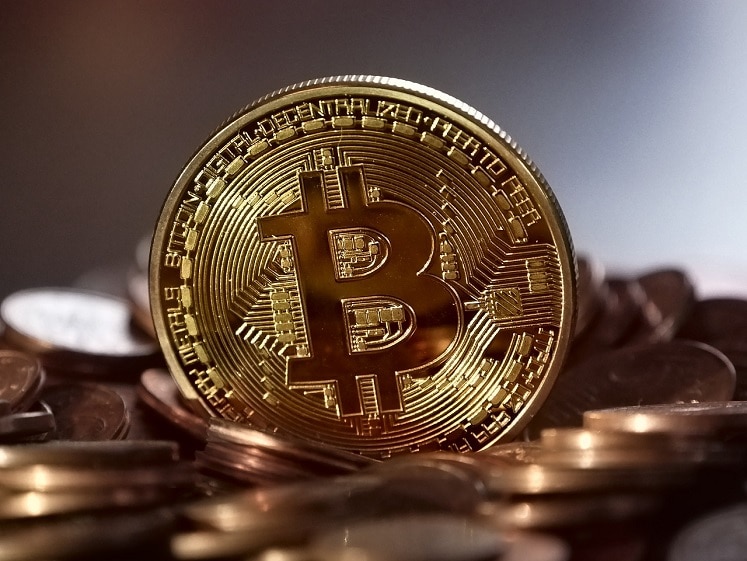Any new and exciting technology comes with its own new (and not-so-exciting) challenges.
Bitcoin is still in an experimental phase and only slowly hitting the mainstream. While it’s clear that it has many advantages, there are still a few risks involved in using it and digital currencies in general. It’s important to be aware of them.
Security
Just because Bitcoin isn’t tangible, it doesn’t mean it isn’t at risk of being stolen.
Just like you keep your passwords and many other non-tangible possessions safe, you should be keeping your Bitcoin safe.
It is possible for your Bitcoin account to be hacked (especially if you use a duplicate or weak password to secure it). And there is no mechanism in place to recover stolen bitcoins. This means that if they are sent off without your knowledge, you cannot get them back.
However, there are a few security measures you can put in place to avoid this. This article is a good place to start.
Other cryptocurrencies
Bitcoin and virtual currencies are still extremely new concepts and with this comes the rise of similar experimental concepts.
While Bitcoin has clearly always been the most popular cryptocurrency, it’s important to keep in mind that it’s not the only one. There are already over 600 alternative coins (known as “altcoins”) that exist. It’s possible that a technological breakthrough with another digital currency. And could take place and surpass the value and utility of Bitcoin.
However, there are more developers working on and with Bitcoin, more people that own Bitcoin, more companies that accept Bitcoin, more books written about Bitcoin, more conversations with regulators, banks, meetups, and coffee shops about Bitcoin than any other cryptocurrency. Due to these, it seems that Bitcoin is staying in its first-place position for now and still has the most value, by a long shot.
Volatility
Since the first Bitcoin was mined, the value propositions have become more apparent and clear and the price has consistently been moving up.
Something to remember though is that it has a very high sensitivity to external factors such as the news cycle or government policy. Sometimes when there is political turmoil in a country, you might see increased volatility.
Bitcoin has a relatively small market cap. This is compared to other financial instruments such as foreign currencies or commodities like oil or gold. This means that it doesn’t take a smaller amount of money and a smaller amount of market participants to influence the price.
Regulations
Different countries are taking different approaches on how they view Bitcoin and how they choose to deal with it. Not knowing how the authorities might react, is what creates uncertainty about its durability.
However, as Bitcoin adoption continues to increase, government authorities are starting to propose laws and regulations. These will continue to change and evolve and it will take time before anything final is put in place.
The only regulatory statements about Bitcoin in South Africa we could find was by the Reserve Bank. You can view it here.
It’s important to keep the above factors in mind when you’re thinking of investing in Bitcoin. Keep normal investing rules: learn as much as you can about what you’re investing in. Don’t invest more than you can afford to lose. Keep a diversified portfolio and consider consistently buying Bitcoin over time (known as dollar-cost-averaging).
It is interesting to see how the price has changed and we’re obviously very interested to see where it will go from here.




